Selecting the right roof for your commercial property is one of the most critical decisions you’ll make as a business owner or property manager. A commercial roof must protect your investment, minimize maintenance costs, meet energy efficiency goals, and last for decades. So how do you know you’re choosing the right commercial roof for your building?
With so many options available—each with their own strengths, weaknesses, and price points—it’s essential to weigh all factors including roof type, climate, building structure, and long-term goals. This guide from Complete Roofing Systems breaks down your commercial roofing choices, including key materials, industry standards, and expert tips to help you make an informed decision that aligns with your business needs.
Why Commercial Roof Selection Matters
Your commercial roof plays a vital role in the performance and safety of your building. It directly affects:
- Energy efficiency and operating costs
- Tenant and employee comfort
- Resistance to weather and environmental hazards
- Insurance requirements and compliance
- Long-term property value and maintenance expenses
The right roofing system will enhance your building’s function, lower utility bills, and reduce costly repairs over time—while the wrong choice could mean premature failure and financial headaches.
Main Types of Commercial Roofing Systems
Choosing the right commercial roof starts with understanding your material options. Each system is suited to different building designs, climates, and usage needs. Let’s review the most common types of commercial roofing:
1. Built-Up Roofing (BUR)
BUR systems, also known as tar and gravel roofs, consist of multiple layers of asphalt and felt topped with a layer of gravel or ballast.
Pros:
Time-tested durability
Great insulation properties
UV and fire resistant
Cons:
Heavier weight may not suit all structures
Can be messy and time-consuming to install
Best for: Flat or low-slope commercial buildings with a strong structure.
2. Modified Bitumen Roofing
Modified bitumen roofs use asphalt-based materials reinforced with fiberglass or polyester for added strength and flexibility.
Pros:
Excellent tear resistance
Good weather and puncture protection
Reflective coatings available
Cons:
Can have higher installation costs
Requires expert installation to avoid seam issues
Best for: Mid-sized buildings needing flexibility and weatherproofing.
3. EPDM (Ethylene Propylene Diene Monomer)
A durable, synthetic rubber roofing membrane widely used on commercial flat roofs.
Pros:
Lightweight and easy to install
Affordable with a long lifespan (20–30 years)
Highly UV and weather resistant
Cons:
Black color absorbs heat unless coated
More vulnerable to punctures without protection
Best for: Commercial buildings in moderate climates or with budget constraints.
4. TPO (Thermoplastic Polyolefin)
TPO is a single-ply white membrane known for its energy efficiency and heat-reflective properties.
Pros:
Reflects UV rays and reduces cooling costs
Resistant to algae and mold growth
Welded seams for waterproof protection
Cons:
Quality varies by manufacturer
Shorter track record than EPDM or BUR
Best for: Large commercial buildings with flat roofs and high energy demands.
5. PVC (Polyvinyl Chloride)
PVC membranes offer excellent chemical resistance, making them popular in restaurants or manufacturing facilities.
ros:
Resistant to grease, chemicals, and fire
Reflective and energy efficient
Easy to maintain
Cons:
Higher cost than EPDM or TPO
Can shrink over time in extreme conditions
Best for: Restaurants, factories, or buildings exposed to oil and chemicals.
6. Metal Roofing
Metal roofs are increasingly common for commercial buildings thanks to their longevity and sleek appearance.
Pros:
Lasts 40–70 years
Low maintenance and high durability
Reflects solar radiation to reduce cooling costs
Cons:
Higher upfront cost
May require added insulation for energy efficiency
Best for: Sloped commercial roofs, warehouses, and showrooms.
How to Choose the Right Commercial Roof for Your Building
Each roofing material has advantages—but how do you know you’re choosing the right commercial roof for your building? Here are key factors to consider:
1. Building Design and Roof Slope
Flat roofs are common in commercial buildings and usually pair well with membrane systems like EPDM, TPO, or PVC. For buildings with a noticeable slope, metal roofing or modified bitumen might offer better performance and drainage.
Tip: Your roof’s pitch determines how well it sheds water. Improper material selection can lead to pooling, leaks, and premature aging.
2. Budget vs. Lifecycle Costs
It’s important to weigh initial cost against long-term value. While TPO and EPDM offer lower installation costs, metal roofing may offer more value over decades due to reduced maintenance.
Lifecycle planning includes:
- Installation costs
- Maintenance and repair needs
- Expected service life
- Energy savings
3. Climate and Weather Considerations in Erie
Erie’s climate includes heavy snowfall, strong winds, and periods of extreme cold. Choose a roofing material that can:
- Withstand freeze-thaw cycles
- Handle snow load
- Offer insulation or reflectivity as needed
Reflective roofs like TPO can reduce heat gain in summer, while reinforced options like modified bitumen and EPDM perform well during Erie’s colder seasons.
According to the U.S. Department of Energy, reflective roofing systems can lower cooling energy demand by up to 15%, making cool roof materials a solid option for energy-conscious businesses.
4. Maintenance Requirements
Some materials require more attention than others. BUR systems, for example, need regular inspections due to their layered nature, while EPDM and metal roofing are typically easier to maintain.
Questions to ask:
- How accessible is the roof for inspections?
- Will rooftop HVAC units or vents affect durability?
- Are annual maintenance contracts available?
5. Energy Efficiency Goals
If energy efficiency is a priority, look for cool roofing systems with high reflectivity ratings, ENERGY STAR® labels, or integrated insulation options.
The Cool Roof Rating Council (CRRC) offers reliable ratings for commercial roofing materials based on their solar reflectance and thermal emittance—two key factors that can impact your building’s heating and cooling costs.
6. Fire, Chemical, and Puncture Resistance
Depending on your business, additional factors like chemical exposure, fire rating, or foot traffic resistance may matter.
- PVC is ideal for chemical-heavy environments
- Modified bitumen handles foot traffic well
- Metal and EPDM offer excellent fire ratings
Common Mistakes to Avoid
Even when you think you’re choosing the right commercial roof, it’s easy to overlook critical issues. Watch out for:
- Skipping inspections after installation
- Selecting materials based only on price
- Not reviewing warranties or exclusions
- Ignoring insulation and drainage systems
- Hiring inexperienced or underqualified contractors
Working with a certified, experienced roofing company ensures every aspect of your roofing system is built for longevity.
How Complete Roofing Systems Can Help
At Complete Roofing Systems, we provide tailored commercial roofing solutions that protect your building, lower your operating costs, and perform well in Erie’s climate. Our team offers:
Detailed roof assessments
Material recommendations based on usage and climate
Expert installation of EPDM, TPO, metal, modified bitumen, and more
Maintenance plans to extend your roof’s life
Whether you manage a retail space, warehouse, office building, or industrial facility, we help you choose the right commercial roof for your goals and budget.
Get Expert Guidance Before You Decide
Choosing the right commercial roof involves more than picking a material—you need the right design, insulation, maintenance plan, and contractor to ensure your investment pays off.
Ready to take the first step? Get a free inspection now and let our commercial roofing experts in Erie evaluate your current roof, review your needs, and guide you toward the best roofing system for your business.
Let’s build a better, stronger roof for your future.
Subscribe to Complete Roofing Systems's Blog
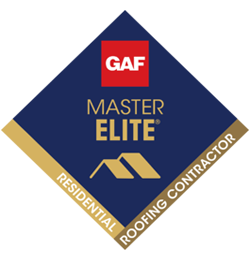

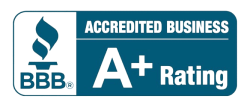
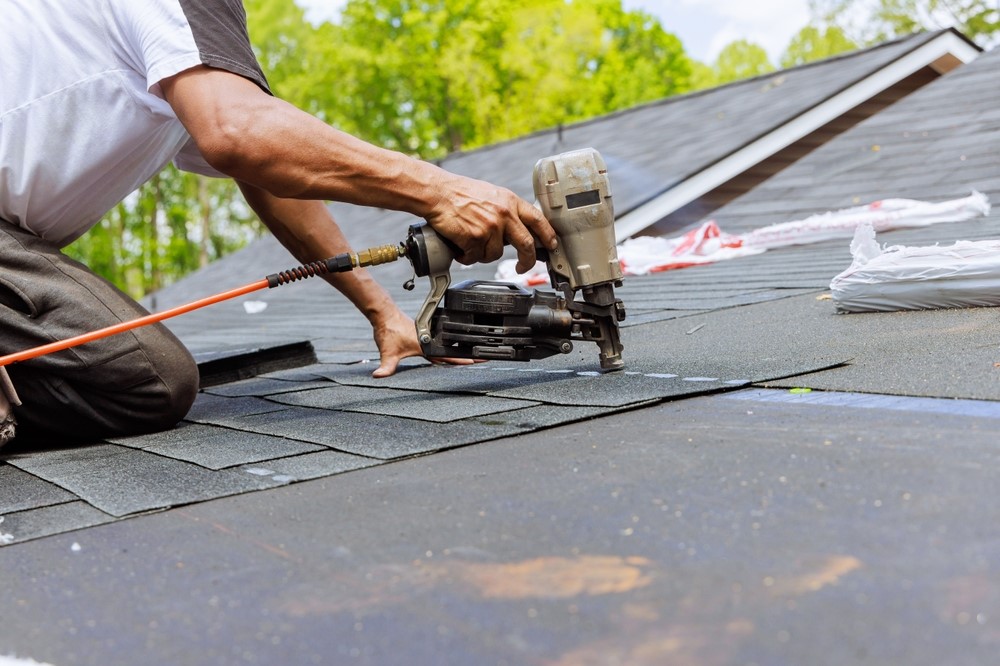
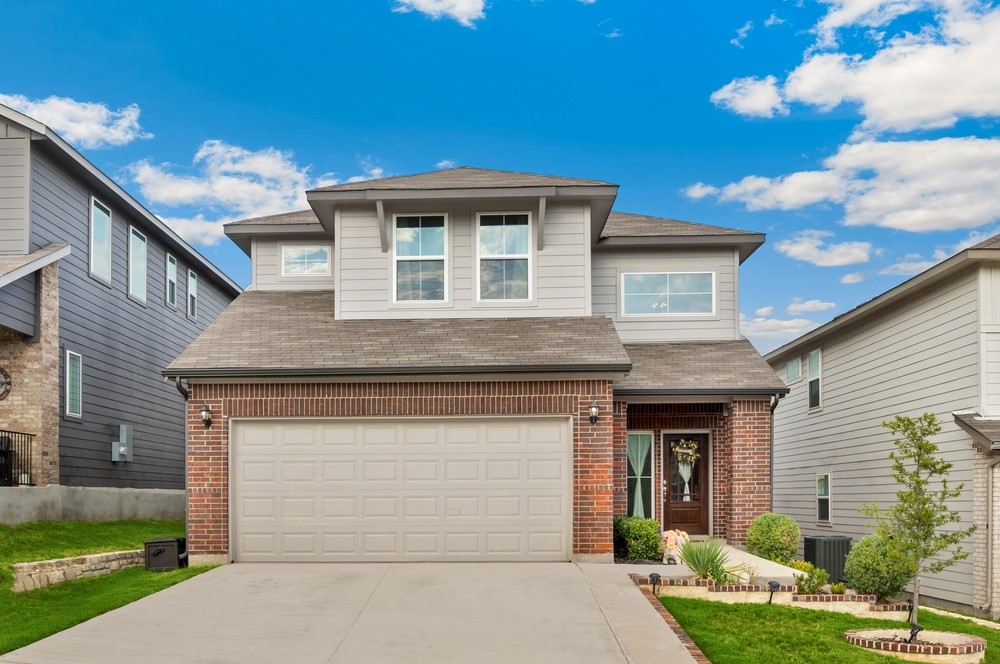
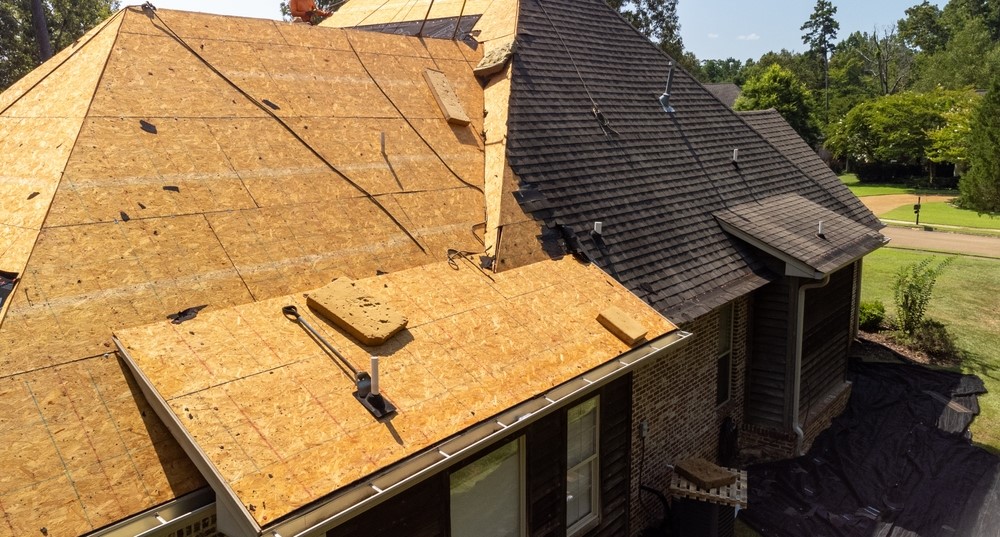
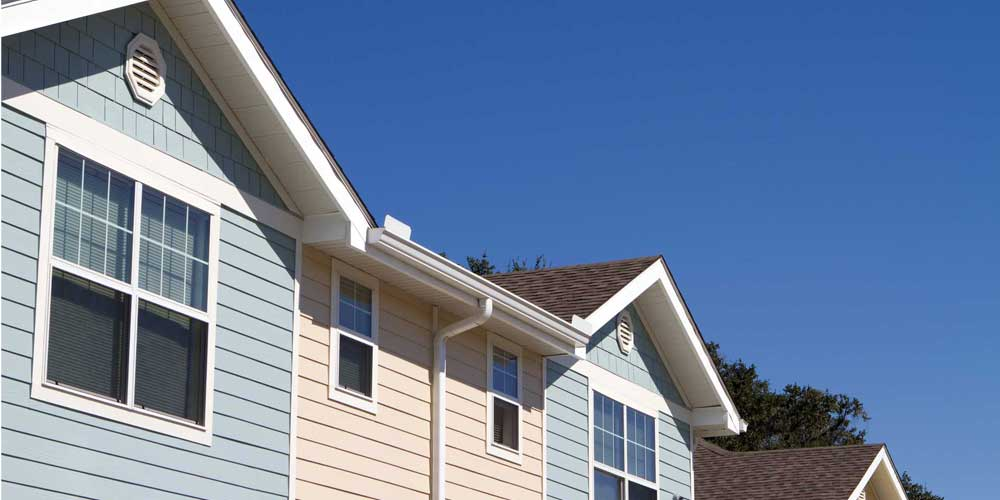


Comments